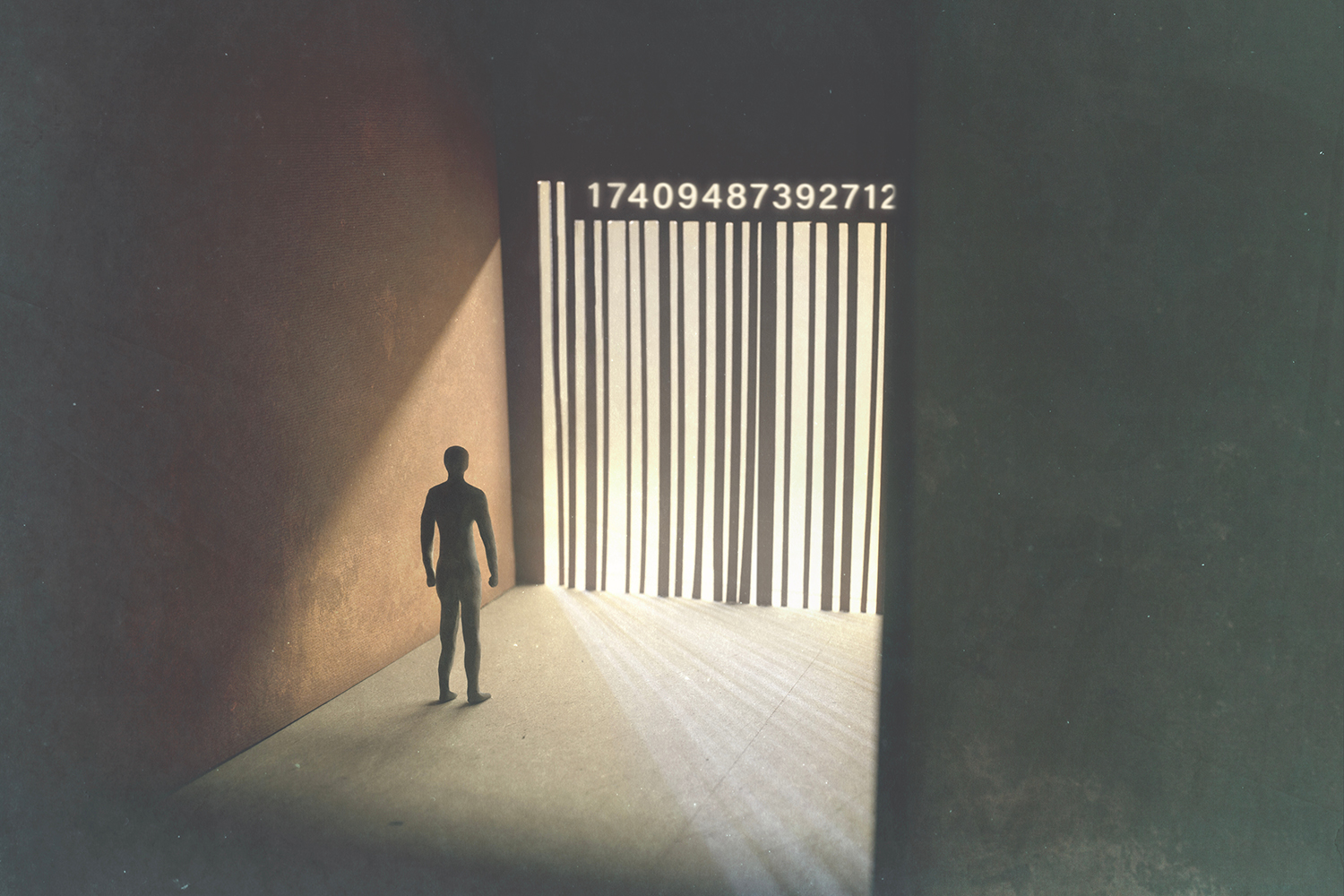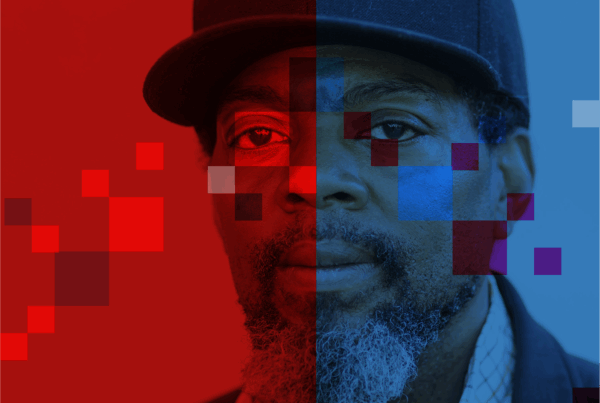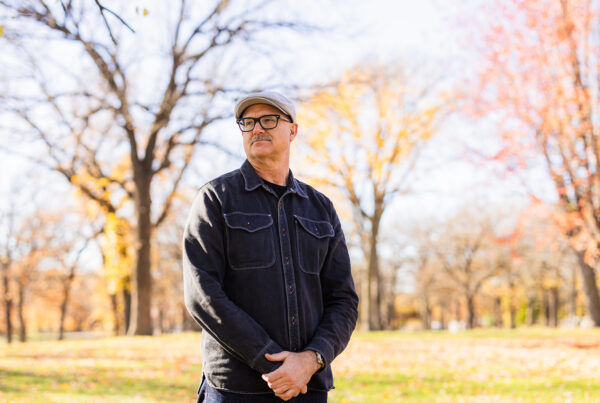America’s cash bail system creates two tiers of justice – one for the wealthy and one for everyone else. Regardless of what someone is accused of when arrested, if a judge grants bail and they can afford to pay it, they get to wait for trial at home, cloaked by the presumption of innocence. Putting thousands of dollars towards bail is easy for the wealthy. But for the majority of Americans, having even a few hundred dollars to spare for an emergency expense is unrealistic. This leads to automatic jail for the average person if they are accused of a crime and cannot afford bail.
The media often sensationalizes stories of everyday people out on bail, yet when someone with extreme wealth pays their bail, the critiques are slim to none. Let’s dive into some examples where money overruled equality.
1. Eric Weinberg, a TV producer and writer, was arrested and charged with multiple sexual assaults including rape. He was released the same day of his arrest after paying a $5 million bail.
2. Sam Bankman-Fried was arrested and later released on a $250 million bail until his trial, thanks to his parents putting up their home as collateral.
3. Elizabeth Holmes, the founder of Theranos, was charged with several counts of wire fraud and two counts of conspiracy to commit fraud while she awaited trial.
4. Bernard Madoff, an American financier charged with running one of the largest Ponzi schemes in history, waited for trial in the comfort of his own home after posting a $10 million bail.
5. Actress Lori Loughlin was arrested for her involvement in a college admissions scandal. She paid her $1 million bail while she awaited trial and was allowed to resume filming her Hallmark series in Canada.
6. A group of wealthy people including actor Rick Schroder paid the $2 million bail for Kyle Rittenhouse, so he could await his trial at home on the charges of shooting three people and killing two of them at a racial justice protest in 2020.
7. Trevor Milton, founder of the truck company Nikola Motor, was charged with multiple counts of fraud and freed the same day on a $100 million bail allowing him to be free until his case was decided.
8. After lying to the American public about his background, Congressman George Santos was arrested for fraud, money laundering, and other charges. He paid his $500,000 bail thanks to his father and aunt.
9. Tiffany Li, accused of killing the father of her two children, gathered together funds raised by wealthy friends, family, and business associates to post her $35 million bail. She was tried and acquitted for lack of evidence against her.
10. Anna Sorokin, also known as Anna Delvey, posted a $10,000 bond, allowing her to remain on house arrest while awaiting trial.
To be clear, everyone who is accused of a crime is presumed innocent until it can be proven otherwise. The problem with cash bail is that the presumption of innocence becomes intertwined with a person’s financial status, creating a system where pretrial freedom and due process depend on how much money a person has. Because of how traumatizing, destabilizing, and dangerous jail is, those without money frequently take a plea deal just to go home, even when they are innocent. That’s why over 90% of cases end in plea deals and never see trial.
The ultrarich also have the means to pay 100% of their bail amount directly to the court, ensuring they get it all back when their case closes. For most people that is not an option. Instead, tight financial circumstances result in people turning to for-profit bail bondsmen for help, costing them large nonrefundable fees.
In addition to having their bail costs refunded and waiting for trial at home, wealthy people have a slew of other factors working in their favor to affect their case outcomes like being able to show up to court in a suit (rather than a jail jumpsuit), which impact a judges and jury’s perceptions, and have their choice of private representation, effectively buying better justice.
For a criminal justice system that promises equal justice for all, someone’s freedom and due process should never be determined by a dollar amount. Moreover, to truly protect the public, judges should be making decisions about pretrial release based on carefully considered evidence, not cash amounts. That is why The Bail Project is working nationwide to advance reforms that take money out of the pretrial system, ensuring that everyone is afforded justice…without having to afford justice.
Thank you for reading. The Bail Project is a 501(c)(3) nonprofit organization that is only able to provide direct services and sustain systems change work through donations from people like you. If you found value in this article, please consider supporting our work today.











